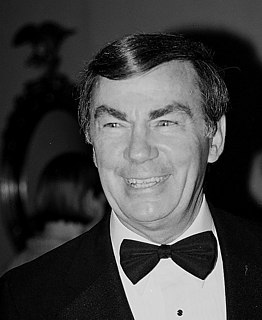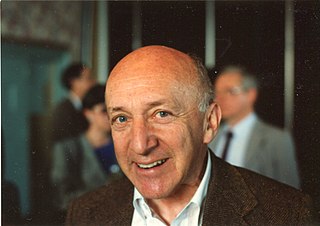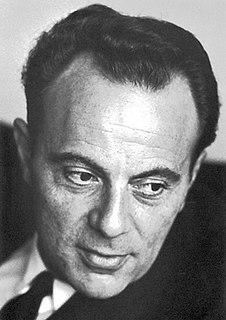A Quote by Terry Pratchett
People flock in, nevertheless, in search of answers to those questions only librarians are considered to be able to answer, such as "Is this the laundry?" "How do you spell surreptitious?" and, on a regular basis, "Do you have a book I remember reading once? It had a red cover and it turned out they were twins.
Related Quotes
If your reading habits are anything like mine, then you can remember the exact moment that certain books came into your life. You remember where you were standing and whom you were with. You remember the feel of the book in your hands and the cover, that exact cover, even if the art has changed over the years.
Indeed, the only truly serious questions are ones that even a child can formulate. Only the most naive of questions are truly serious. They are the questions with no answers. A question with no answer is a barrier that cannot be breached. In other words, it is questions with no answers that set the limit of human possibilities, describe the boundaries of human existence.
9/11 just seemed to come out of the blue. And there were people asking questions, but then there were no answers. At some point, it just turned into, "We've got to do what we've got to do." And I think those are the moments when you grow, when you get the opportunity to try to figure out, exactly as you said, what price are you paying, and if it's worth that price.
One of the big misapprehensions about mathematics that we perpetrate in our classrooms is that the teacher always seems to know the answer to any problem that is discussed. This gives students the idea that there is a book somewhere with all the right answers to all of the interesting questions, and that teachers know those answers. And if one could get hold of the book, one would have everything settled. That's so unlike the true nature of mathematics.
The game was that of continually inventing a possible world, or a piece of a possible world, and then of comparing it with the real world... a race without end... What mattered more than the answers were the questions... For me, this world of questions and the provisional, this chase after an answer that was always put off to the next day, all that was euphoric. I lived in the future... I had turned my anxiety into my profession.



































